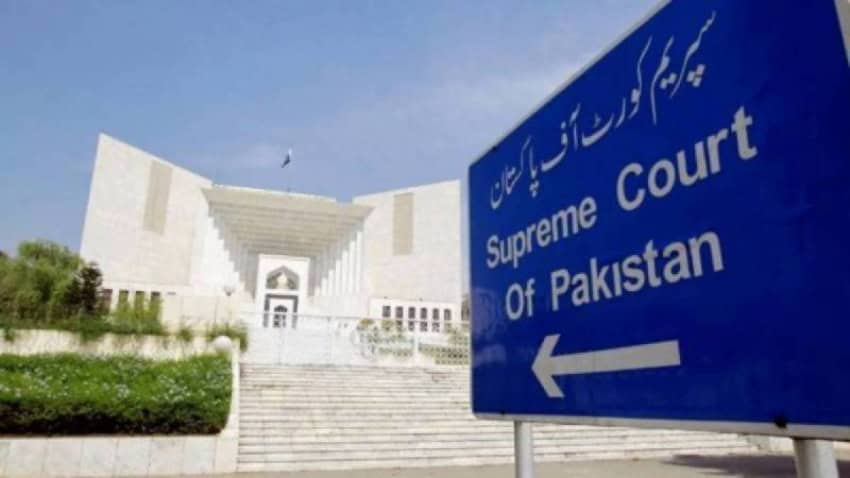In a significant development, the Supreme Court of Pakistan has granted permission for former Prime Minister Imran Khan to appear before it via video link in the case concerning amendments to the National Accountability Ordinance, 1999 (NAO). This ruling comes amidst a five-member bench of the Supreme Court, comprising Chief Justice Qazi Faez Isa, Justice Aminuddin Khan, Justice Jamal Khan Mandokhail, Justice Athar Minallah, and Justice Azhar Hasan Rizvi, conducting live proceedings on the NAB tweaks case.
The case revolves around amendments made to the NAO, which regulates the operations of the National Accountability Bureau (NAB), Pakistan’s premier anti-corruption agency. The amendments have been a subject of intense legal scrutiny, with the federal government lodging appeals against a previous judgment that deemed the changes to the NAO as unlawful.
In response to the government’s pleas, the Supreme Court convened to deliberate on the matter. During the proceedings, the apex court granted Imran Khan, the leader of the Pakistan Tehreek-e-Insaf (PTI) party and a key figure in the political landscape, the authorization to participate in the case remotely via video conferencing.
The decision to allow Imran Khan’s remote appearance underscores the court’s commitment to ensuring fair and transparent legal proceedings, even in cases of high political significance. It also reflects the judiciary’s acknowledgment of technological advancements, which facilitate remote participation, thereby promoting accessibility to justice.
As the legal battle over the NAB amendments continues, the Supreme Court’s decision to accommodate remote participation sets a precedent for leveraging technology in legal proceedings, enhancing efficiency, and inclusivity in the administration of justice.













